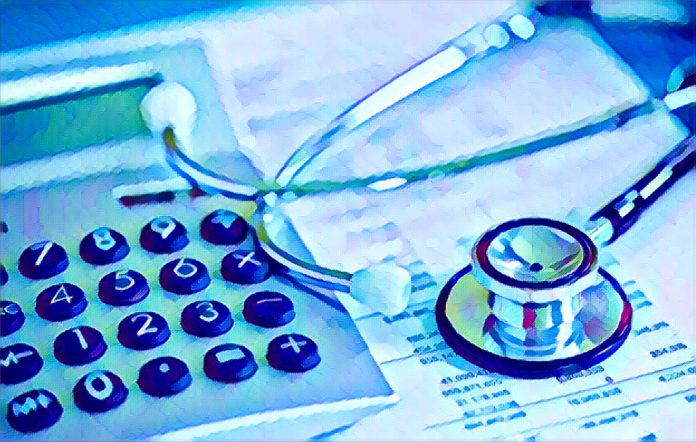Despite escalating medical costs, the Nigerian government has not lifted the import levy on medical supplies, causing widespread concern among healthcare providers and patients. The import levy, imposed on various medical equipment and pharmaceuticals, is exacerbating the financial strain on a healthcare system already struggling with inadequate funding and resources.
Healthcare professionals and industry stakeholders have been vocal about the detrimental impact of the levy. They argue that the additional cost is passed on to patients, making healthcare services less affordable and accessible. Dr. Olusegun Adebayo, a prominent physician in Lagos, expressed his frustration: “The import levy has significantly increased the cost of essential medical supplies, making it difficult for hospitals and clinics to provide necessary care without raising prices.”
The import levy, introduced as part of the government’s revenue-generating measures, has faced criticism for its adverse effects on the health sector. With Nigeria’s healthcare infrastructure under severe pressure, particularly in the wake of the COVID-19 pandemic, the levy is seen as an impediment to improving healthcare delivery. The rising costs have led to a surge in the prices of medications, diagnostic equipment, and other critical healthcare supplies.
Pharmaceutical companies have also been hit hard. Many are struggling to balance the increased import costs with the need to keep their products affordable. “We are caught between a rock and a hard place,” said Adeola Adediran, CEO of a leading pharmaceutical company. “The levy increases our costs, but we cannot pass all of this onto consumers, many of whom are already struggling financially.”
Patients are feeling the brunt of these increased costs. For many Nigerians, the higher prices of medications and medical services mean difficult choices between healthcare and other essential needs. This situation is particularly dire for those with chronic conditions requiring regular medication and treatment. The financial burden has led to a rise in cases where individuals forgo necessary medical care, exacerbating health issues and increasing the risk of complications.
Advocacy groups and healthcare organizations have been urging the government to reconsider the levy. They argue that lifting the import levy would alleviate some of the financial pressures on the healthcare system and improve access to medical care for millions of Nigerians. These groups have presented data showing the correlation between the import levy and increased healthcare costs, highlighting the urgent need for policy change.
The government, however, has so far resisted calls to lift the levy, citing the need to generate revenue to support other critical sectors. Finance Minister Zainab Ahmed recently defended the policy, stating, “While we understand the concerns of the healthcare sector, the revenue generated from the import levy is crucial for funding various development projects and social programs. We are exploring other ways to support the health sector without compromising our revenue base.”
Despite these assurances, the healthcare community remains skeptical. Many believe that the government’s stance fails to acknowledge the immediate and severe impact of the levy on healthcare affordability and accessibility. They argue that the long-term benefits of a healthier population far outweigh the short-term revenue gains from the levy.
As the debate continues, there is growing public pressure on the government to take decisive action. The health of millions of Nigerians hangs in the balance, and the call for a balanced approach that supports both revenue generation and accessible healthcare is louder than ever.
In the meantime, healthcare providers, patients, and advocacy groups continue to hope for a policy shift that will prioritize the health and well-being of the Nigerian people. The future of Nigeria’s healthcare system may well depend on the government’s willingness to adapt and respond to these urgent concerns.
Source: businessday.ng



